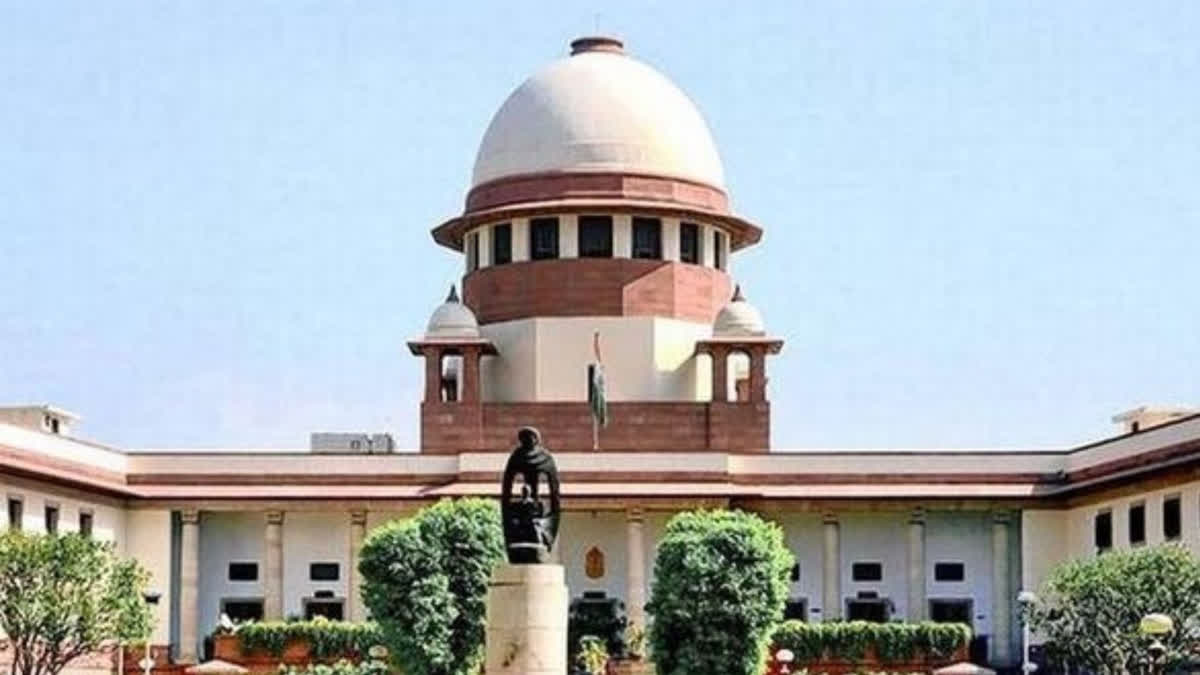New Delhi : The Supreme Court on Monday called for evolving a broad mechanism to deal with violence against women in strife-torn Manipur and asked how many FIRs have been registered in such incidents in the state since May. Solicitor General Tushar Mehta, appearing for the Centre, told a bench headed by Chief Justice D Y Chandrachud that the Union of India has no objection if the apex court monitors the investigation into the Manipur violence.
The bench, also comprising Justice J B Pardiwala and Justice Manoj Misra, is hearing a batch of petitions concerning the violence in Manipur. At the outset, senior advocate Kapil Sibal, appearing for the two women who were seen in a May 4 video being paraded naked in Manipur, said they have filed a petition in the matter. The hearing in the matter is underway.
The apex court on July 20 observed that it was "deeply disturbed" by the video of two women being paraded naked in strife-torn Manipur, saying that using women as instruments for perpetrating violence is "simply unacceptable in a constitutional democracy". Taking cognisance of the video, a bench headed by the chief justice of India directed the Centre and the Manipur government to take immediate remedial, rehabilitative and preventive steps and apprise it of the action taken.
On July 27, the Centre informed the top court that it has transferred to the CBI the probe into a case related to two women being paraded naked in strife-torn Manipur, saying the government has "zero tolerance towards any crimes against women".
The Ministry of Home Affairs (MHA), in an affidavit filed through its Secretary Ajay Kumar Bhalla, also urged the top court to transfer the trial outside Manipur in the case for the conclusion of the trial in a time-bound manner. Seven people have been arrested in the case so far. Scores of people have been killed and several hundred injured since ethnic violence broke out in the state on May 3 when a 'Tribal Solidarity March' was organised in the hill districts to protest against the majority Meitei community's demand for Scheduled Tribe status. (PTI)



